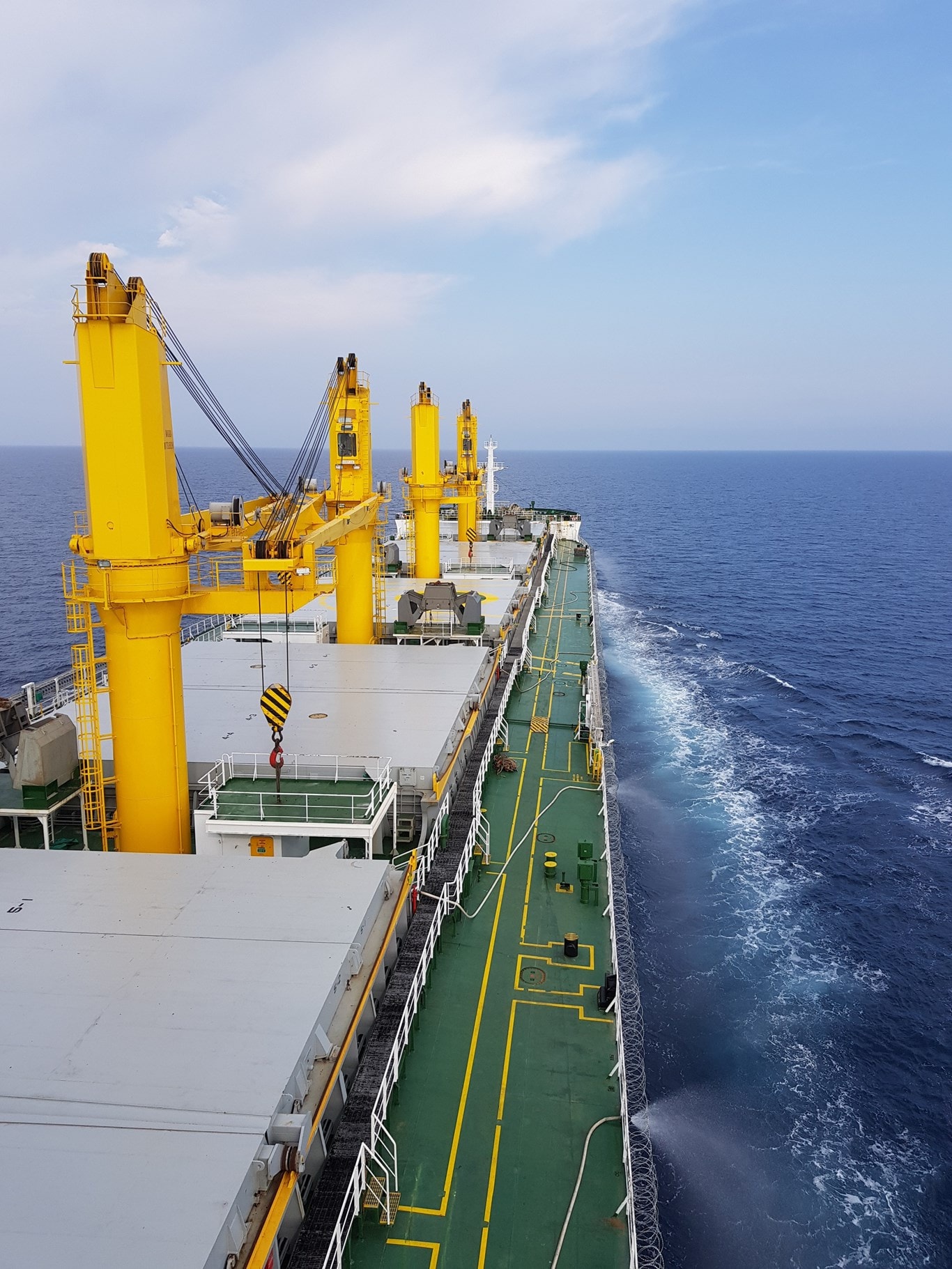Malacca and Singapore Straits – Increase of Piracy Incidents
The Malacca and Singapore Straits are two of the world's busiest and most important waterways. They connect the Indian Ocean and the South China Sea, making them a critical trade route for countries in Southeast Asia and those beyond. However, the region has been plagued by piracy incidents for many years, and unfortunately, the trend is continuing in 2023.
According to recent reports, piracy incidents in the Malacca and Singapore Straits have been increasing since the beginning of this year, with four incidents in January 2023 having doubled this February to eight incidents. These incidents to date have included armed robberies and thefts, and fortunately, the majority resulted in no injuries sustained to the crews.
One of the reasons for the increasing trend of piracy incidents in the Malacca and Singapore Straits is the growing demand for commodities and goods in the region. With more ships travelling through the waterways, pirates see an opportunity to target these vessels for their valuables. Additionally, the region's vast and complex network of islands and waterways provides many hiding spots for pirates, making it difficult for law enforcement agencies to track them down.
Another contributing factor to the trend is the ongoing political instability in several Southeast Asian countries. With political unrest comes increased crime and lawlessness, and pirates are taking advantage of this situation to carry out their attacks.
The implications of the rising piracy incidents in the Malacca and Singapore Straits are far-reaching. Beyond the immediate threat to the safety of crew members, there is also the potential risk for increased volumes of piracy incidents leading to higher mitigation operational costs for shipping companies, increasing the cost of transporting goods and negatively impacting regional trade.
The governments of Indonesia, Malaysia, and Singapore, which have jurisdiction over the waterways, are working together to increase patrols and share intelligence on pirate activities. However, ships navigating these waters must also improve their security measures to protect themselves from piracy incidents in the Malacca and Singapore Straits.
Pirates always look for easier and more accessible ships to attack, so one of the most effective ways for a ship to protect itself is to make it look harder and more challenging to rob than the others around it. Having visible security rounds, securing and locking all doors and hatches effectively, ensuring the ship is well-lit without obstructing the navigation lights and posting extra lookouts on the bridge wings are well-established methods to promote this perception.
Another measure ships can take is installing surveillance equipment such as CCTV cameras and motion sensors. These systems can help detect suspicious activity and alert crew members to potential threats. They can also provide valuable evidence in the event of an attack, which can assist in identifying and prosecuting the perpetrators. However, it is essential to note that surveillance equipment should not be relied on as the sole means of protection, and ships should still employ other anti-piracy measures.
Ships must also follow best practices for safe navigation to reduce the risk of piracy incidents. These include keeping a safe distance from suspicious vessels, avoiding sailing close to known piracy hotspots, and maintaining communication with local authorities and other ships within the area. Additionally, ships can employ non-lethal measures such as water cannons and loudspeakers to deter potential attackers and buy time for the crew to respond.

Finally, it is essential for crew members to be trained in anti-piracy tactics and prepared to respond quickly and effectively in the event of an attack, including practising drills and exercises, developing communication protocols, and ensuring that all crew members understand their roles and responsibilities in the event of an attack. Furthermore, they should be trained to identify and report potential threats to the relevant authorities.
The increasing trend of piracy incidents in the Malacca and Singapore Straits is a cause for concern; thus, employing anti-piracy measures is imperative for ships and their crews to protect themselves as much as possible to ensure safe navigation through these waters.
